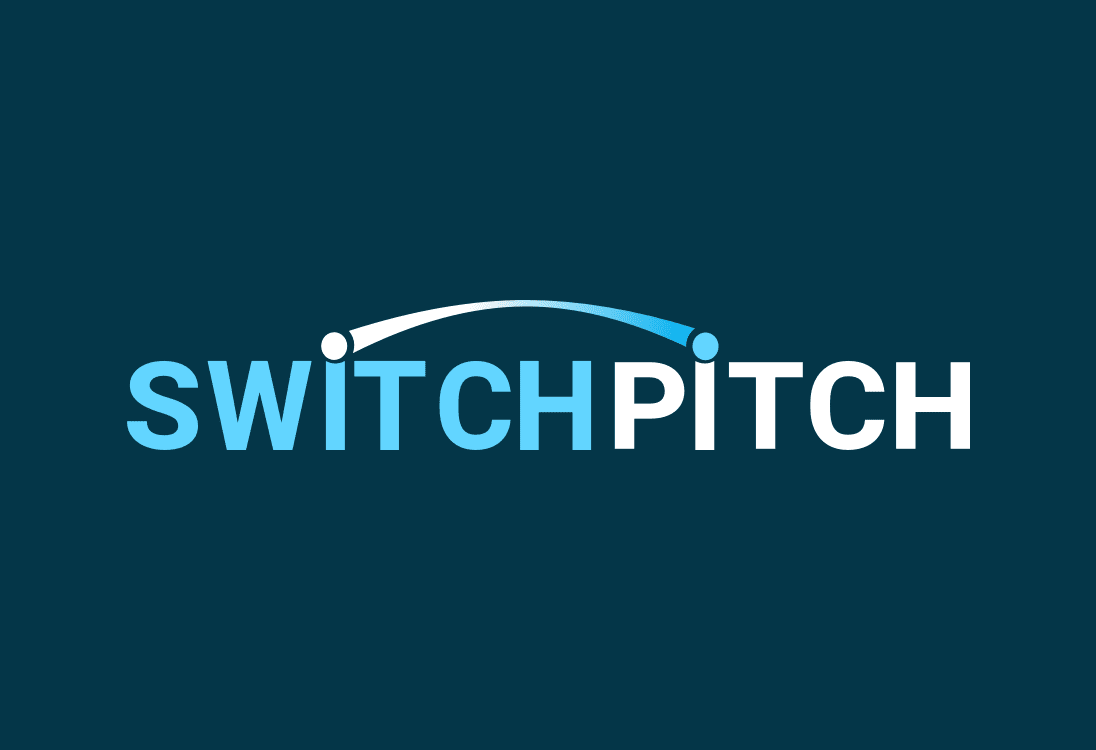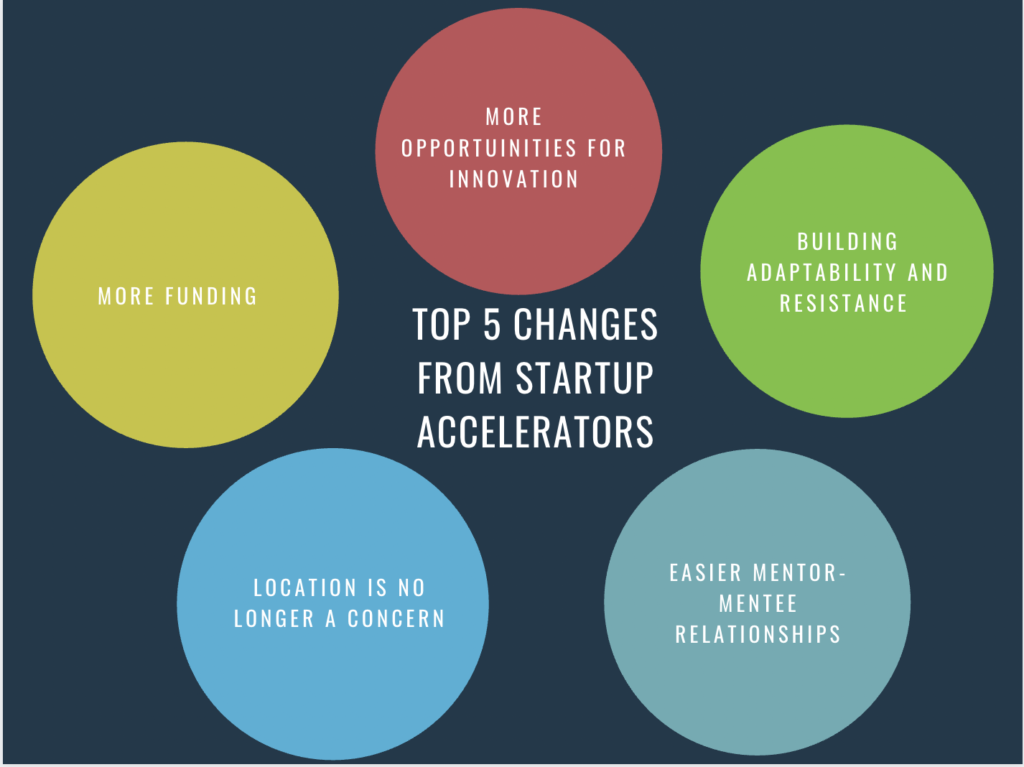
Startup accelerators can help a small startup grow into a multi-million-dollar company. Success stories include some of the world’s most famous companies, such as Airbnb and Dropbox. However, like many areas of life, startup accelerators have had to drastically change their operations due to the COVID-19 pandemic.
Some worry that this will impede innovation efforts and result in multiple failed business ventures.
Though this pandemic has brought many hardships, startup accelerators have actually seen a number of positive changes related to innovation and flexibility. Here are some trends we have noticed:

1. More opportunities for innovation
Because of the COVID-19 pandemic and all the business questions that have arisen due to it, companies are now under more pressure to create innovative and long-lasting products related to healthcare, tech, and other industries that are beneficial to COVID-19 response.
2. A lesson on adaptability and resilience
Like many businesses, startup accelerators have had to adapt their operations to the restrictions that were brought on by the pandemic.
Techstars, a Boulder-based accelerator, had to shift its in-person operations in the middle of its cohort in March. They had to close their office, shift all in-person meetings into virtual ones, and rescheduled its in-person demo day to a virtual one in April. Companies in the accelerator have had to revisit existing financial plans, move sales processes to be more digital-friendly, and have had to predict the future climate of their markets.
All in all, these businesses have had to adapt to the changes that the pandemic has brought to the business. One could argue that this time has been a lesson on adaptability and resilience, which entrepreneurs will learn and apply to any current and future business ventures.
In an article written by BizJournals.com, Techstars Boulder Managing Director Natty Zola said “Dealing with the response and recovery to the pandemic is going to end up being a master class in adaptability and resiliency for all entrepreneurs.”
3. Easier mentor-mentee relationships
In a pre-pandemic world, scheduling a time for mentors and mentees to meet in person would involve a lot of planning. However, due to the pandemic essentially halting most travel, many mentors and mentees have opted to meet via virtual means in order to decrease risk.
In an article on Startup Beat, The Managing Director of Techstars Anywhere Ryan Hudder said that he actually found it easier for mentors to engage with their mentees when they do not have to block out several days to travel.
In this article, Hudder said, “We find it to be really great for the founders because it enables them to develop those relationships both formally with their scheduled calls but also informally by pinging people on Slack.”
4. Location is no longer a concern
Due to the pandemic, a number of startup accelerators have seen geographical location becoming less of a priority to external sources who are interested in becoming involved with them.
Cornell University’s startup accelerator is a classic example of this. Located in Ithaca, New York, they have noticed a newfound interest in entrepreneurial opportunities in upstate New York; this proves to be beneficial to their university accelerator, Praxis Center.
In an article written by Cornell Chronicle, Robert Scharf, who is the director of Cornell’s Praxis Center said, “ironically, the COVID-19 pandemic enhances entrepreneurial opportunities in upstate New York, since geographical location is a much lower priority in our virtual working-from-home, working-from-anywhere environment – advantages previously enjoyed by large coastal cities with hub airports are now inverted. Economic leverage has shifted to small inland cities with lower costs and healthier lifestyle options.”
5. More Funding for some
In some cases, some accelerators have received more funding from government entities due to the pandemic. In May 2020, the Michigan Strategic Fund approved the transfer of an additional $70,000 to the Business Accelerator Fund (BAF), which allows startup accelerators in Michigan’s SmartZone network to participate in specialized services otherwise not available to them.
Previously, the Michigan Small Business Development Center also provided a series of grants up to $50,000 to startup accelerators to help tech startups access certain services that were essential to their growth.
All in all, though this pandemic has forced the business world to adapt like never before, we have noticed trends and patterns related to startup accelerator growth that have proven to be beneficial.


